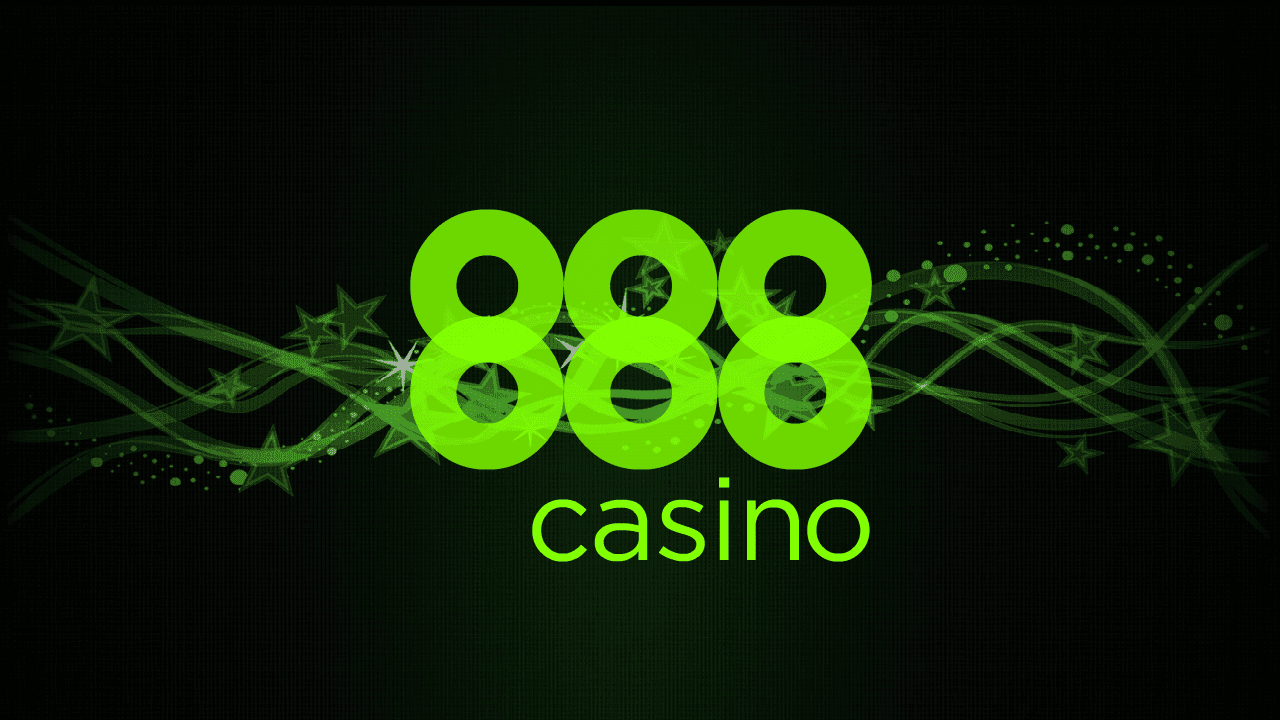

I was interviewed for an article about our Danish helmet website Cykelhjelm.org the other day and was talking with the journalist about how in The Netherlands there is a completely different focus. How the Dutch prefer to tackle dangerous traffic situations instead of fear-mongering about helmets. I had researched about it but I was sitting around today wondering about the official position in the Netherlands. So I said ‘fukkit’ and called the Fietsersbond - The Dutch Cycling Union. I got put through to a wonderful chap named Theo Zeegers who is a Traffic Consultent for the Fietsersbond. Here’s a transcript of the interview:
What is the Fietsersbond's official position on promotion of bike helmets?
First of all, bike helmets are developed to protect cyclists from solo accidents that don't involve other vehicles. These kinds of accidents are most likely to occur at high speeds. If you're a racing cyclist and ride at high speeds in a group with other cyclists it might be an idea to wear a helmet. At lower speeds it is impossible to crash and hit your head. It is usually your arms or legs that get hurt. The risk of hitting your head is so low at lower speeds. You have a greater chance of hurting other parts of your body. If you are hit by a car on your bike there is no helmet that will protect you. There is actually no bike helmet ever developed that will protect you against the kind of dangerous impacts you experience at high speeds. It is impossible to make such a helmet and I don't think one will ever be developed. A motorcycle helmet will protect a cyclist but you can't ride in one as your head will get too hot. Children under 14 are not at all at risk of head injury on bikes, so there is no need for them to wear one. Older children, over 15, are more at risk, but that risk is still low.
Instead of promoting bike helmets, we tackle the cars and the other traffic. Traffic calming, speed limit reductions. We are also promoting air bags on the outside of cars. They already exist. Ford has developed them for pedestrians in the US and a Swedish company is working on them, too.
Is there anywhere on your website where Dutch cyclists can get information about bike helmets?
No. There is a good page on Wikipedia about bike helmets that links to good resources. That's sufficient.
The European Cycling Federation is against legislation of bike helmets and warns against promotion and we agree with that. The studies from Dorothy Robinson about Australia show that it doesn't work. That's just one of the many studies.
Is anyone promoting bike helmets in the Netherlands?
Yes, I think some government traffic agencies are trying to but I don't know why they are.
So in your experience, as a Traffic Consultant and scientist, our current helmet promotion in Denmark will cause more people to stop cycling?
Hey, life is risky. If you promote bike helmets, you will have less cyclists. It's that simple. There is so much research that shows this. It's about what kind of society you want to live in. If you promote bike helmets and use scare campaigns to do so, people will stop cycling and then you have problems with heart disease and all the other illnesses from lack of exercise.
You have think rationally about the risk. Emotions don't do any good. I'm a scientist, so I don't need those emotions. Just rational thinking.
It is so reassuring and so refreshing to hear someone straight-talking about the subject. Sure, I agree with him and have reached the same conclusions based on the science, but this is just a man whose job it is to get more people to ride bikes and to increase safety for Dutch cyclists. A promotional video for membership to the Fietsersbond. Interestingly, they present the reality of cycling, including some rather tricky traffic situations. No fearmongering, just rational reality.
Lack of Danish Rationality
It's quite shocking that we here in Denmark are stuck with the Danish equivilent of the Fietsersbond - Dansk Cyklist Forbund - DCF - once a proud and important organisation but now reduced to being a rather irrelevant sub-cultural interest group. How on earth can the cyclists' unions in the world's two leading bike nations be so far removed from each other? When I think of the Fietsersbond I form images of pleasant, regular Dutch people - men and women - working hard for a good cause that they personally believe in. When I think of the current generation at the Danish Cyclists' Union I see fuddy-duddy old men in trimmed beards and woolen socks in sandals. Hardly representative of your average, free-thinking Copenhagen cyclist. It's worth mentioning that I have no idea what ANY of them look like. Imagine the good, positive work we could do here in Denmark if we had visionary role models who respected science and common sense. Instead we're stuck with ill-informed, arrogant and self-righteous helmet advocates. As we've posted before: - Helmet advocates sell helmets and use fear to do so. - Bicyle advocates sell cycling and use science and positive messages to do so.
On the website for the Danish Cyclists' Union you are met with the usual propaganda-like rhetoric - and not much else.
"Bike helmets are common sense. Bike helmets are not just for safety fanatics. It is actually quite stupid to ride without them."
With one fell swoop they are calling the vast majority of Danish cyclists stupid. How's THAT for an arrogant tone? Name calling is the first sign of weakness and insecurity. They waffle on and even repeat the mantra:"Bike helmets are common sense. There isn't anyone, for example, who laughs at a motorist who puts on a seat belt..."
No. Because the effectiveness of seat belts has science to back them up.On their page about "Hvorfor køre med cykelhjelm? - Why use a helmet?" they are shockingly vague. When they mention statistics it is without any reference to specific scientific studies and they merely wrap it all up in more arrogant rhetoric and tiring spin.
There is nothing on their website about helmets that makes sense - scientifically or morally and the Danish people deserve much more than that.So if you're looking for role models, look to the Fietsersbond or even the British CTC. Or the Belgian Fietsersbond. They know how to promote cycling positively and, what's more, you get the feeling that they love doing it.




